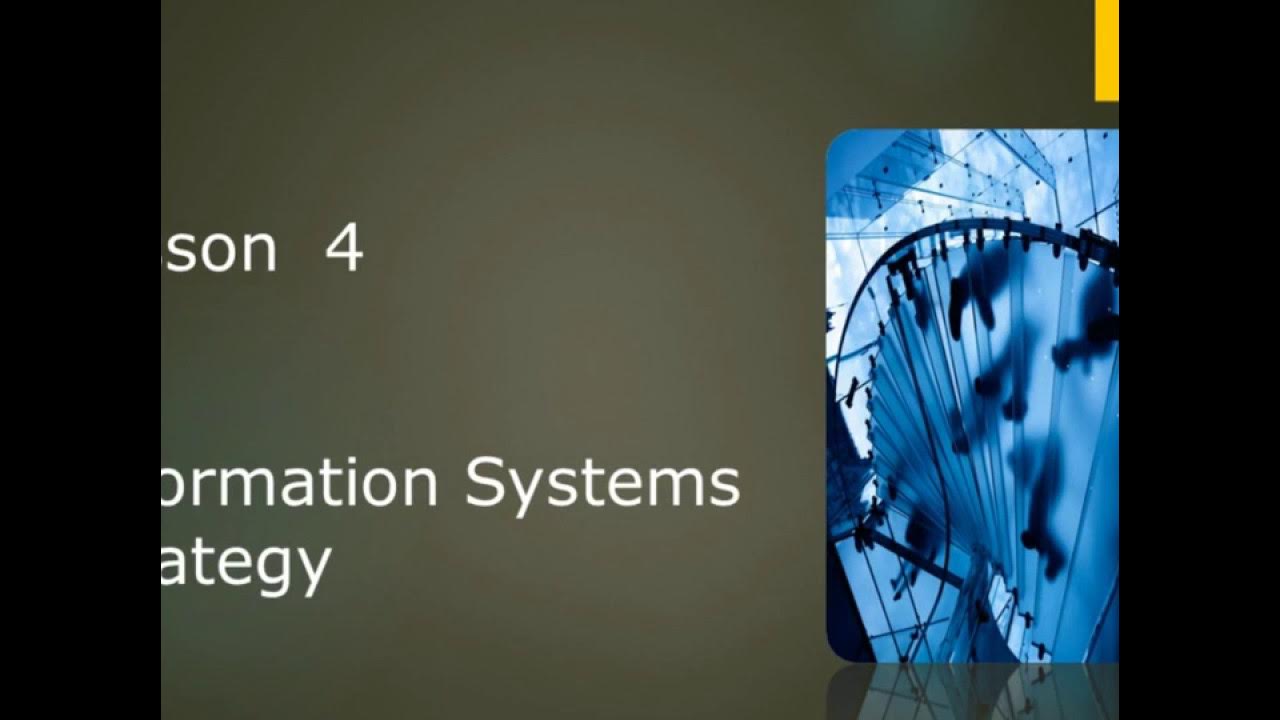INTRO STRATEGIC COST MANAGEMENT
Summary
TLDRThis video delves into strategic cost management, emphasizing the importance of aligning costs with long-term business goals. It breaks down key concepts like strategy, cost, and management, highlighting their interconnections. Strategy involves long-term planning and decision-making, while cost is defined as expenditures linked to achieving goals. The role of management is presented as a process that coordinates resources and people through planning, decision-making, and controlling. The video also explores how strategic cost management integrates with business strategies to optimize costs and achieve success.
Takeaways
- 😀 Strategic cost management is focused on long-term goals, typically five years or more.
- 😀 Strategy involves identifying how to achieve long-term goals and requires a future-oriented and proactive approach.
- 😀 Cost is not just about expenditures; it also includes benefits expected from incurred expenses or assets.
- 😀 Management is an art and involves coordinating people and resources to achieve organizational goals.
- 😀 The hierarchy of management includes operational, tactical, and strategic levels, each playing a different role in organizational success.
- 😀 Strategic cost management aligns costs with business strategy to help achieve organizational objectives.
- 😀 Key functions in management are planning, decision-making, and controlling, which are essential for effective execution.
- 😀 Strategic cost management also involves diagnosing and measuring performance to align with business strategy and goals.
- 😀 A system approach is important in strategic cost management, with input, process, and output, as well as control and feedback mechanisms.
- 😀 Understanding and analyzing different types of costs is crucial for effective cost management, including cost estimation and accumulation techniques.
- 😀 Tools like balance scorecards, lean management, and value chain analysis are essential in implementing strategic cost management successfully.
Q & A
What is the main focus of strategic management, and how is it related to long-term goals?
-Strategic management focuses on achieving long-term goals, typically over a span of 5 years or more. It involves identifying specific strategies to achieve these long-term goals, aligning efforts with the organization's vision and mission.
What is meant by a 'strategic goal' and how does it differ from short-term goals?
-A strategic goal is a long-term objective that guides the direction of an organization over an extended period, often 5 years or more. Unlike short-term goals, which are achieved in the near future, strategic goals are focused on sustainable growth and success.
How does a strategic manager approach goal setting and decision making?
-A strategic manager needs to be perceptive, future-oriented, and proactive. They should identify trends and opportunities, consider the long-term impact of decisions, and align actions with the organization’s overarching strategy and goals.
What is the relationship between cost and benefit in cost management?
-Cost is always evaluated in comparison to the benefits it generates. In cost management, expenses are weighed against the potential benefits to ensure that the incurred costs contribute effectively to the organization’s long-term objectives.
What are the different ways costs can be classified in cost management?
-Costs can be classified as expenses (which have already provided benefits), losses (which result in no benefit), and assets (which are expected to generate future benefits).
How does cost management in strategic settings differ from simple expenditure tracking?
-Strategic cost management goes beyond just tracking expenses. It involves understanding and managing all costs—whether cash or accrual-based—while aligning them with the strategic goals of the organization.
What role does management play in the context of strategic cost management?
-Management plays a crucial role in overseeing the execution of strategic goals by making decisions, managing resources, and ensuring that the costs incurred align with the organization's long-term strategy. The management process involves planning, decision-making, controlling, and organizing resources effectively.
How are management levels (operational, tactical, and strategic) interrelated in cost management?
-The operational level is the base that supports the organization, ensuring that daily activities are conducted efficiently. The tactical and strategic levels guide and influence decisions at the operational level, with strategic management providing overall direction for long-term goals.
What are the main functions of management that contribute to strategic cost management?
-The main functions of management that contribute to strategic cost management include planning, decision-making, and controlling. These functions ensure that resources are allocated efficiently and that costs align with the organization’s strategic objectives.
How does the concept of a system apply to strategic cost management?
-Strategic cost management is treated as a system, with input, process, and output interrelated. The system ensures that all parts, such as cost estimation, control mechanisms, and boundary considerations, work together to support the organization’s strategic goals.
Outlines

This section is available to paid users only. Please upgrade to access this part.
Upgrade NowMindmap

This section is available to paid users only. Please upgrade to access this part.
Upgrade NowKeywords

This section is available to paid users only. Please upgrade to access this part.
Upgrade NowHighlights

This section is available to paid users only. Please upgrade to access this part.
Upgrade NowTranscripts

This section is available to paid users only. Please upgrade to access this part.
Upgrade Now5.0 / 5 (0 votes)





